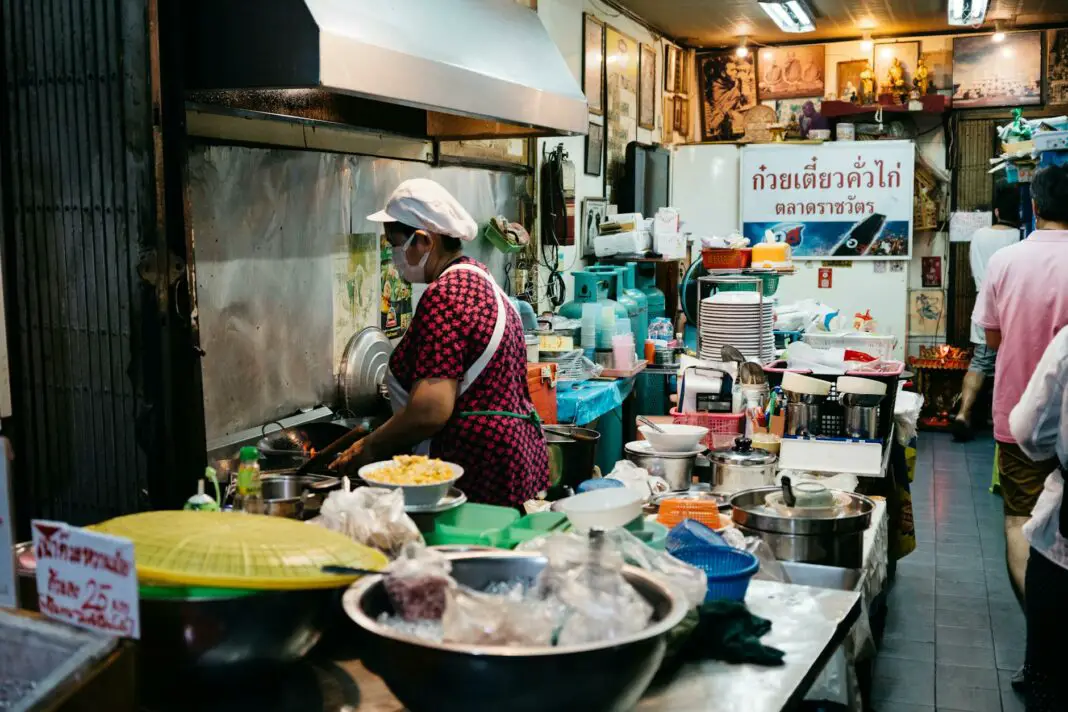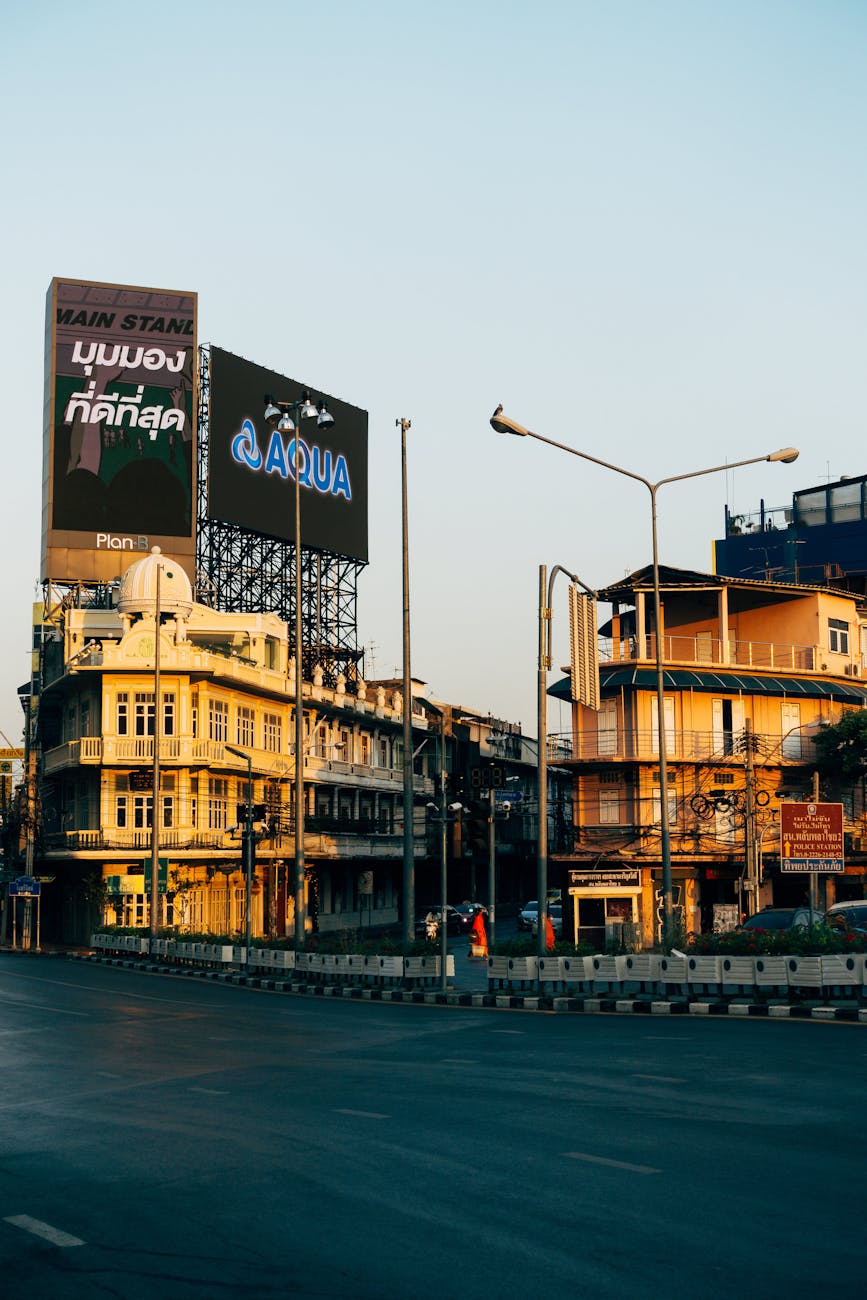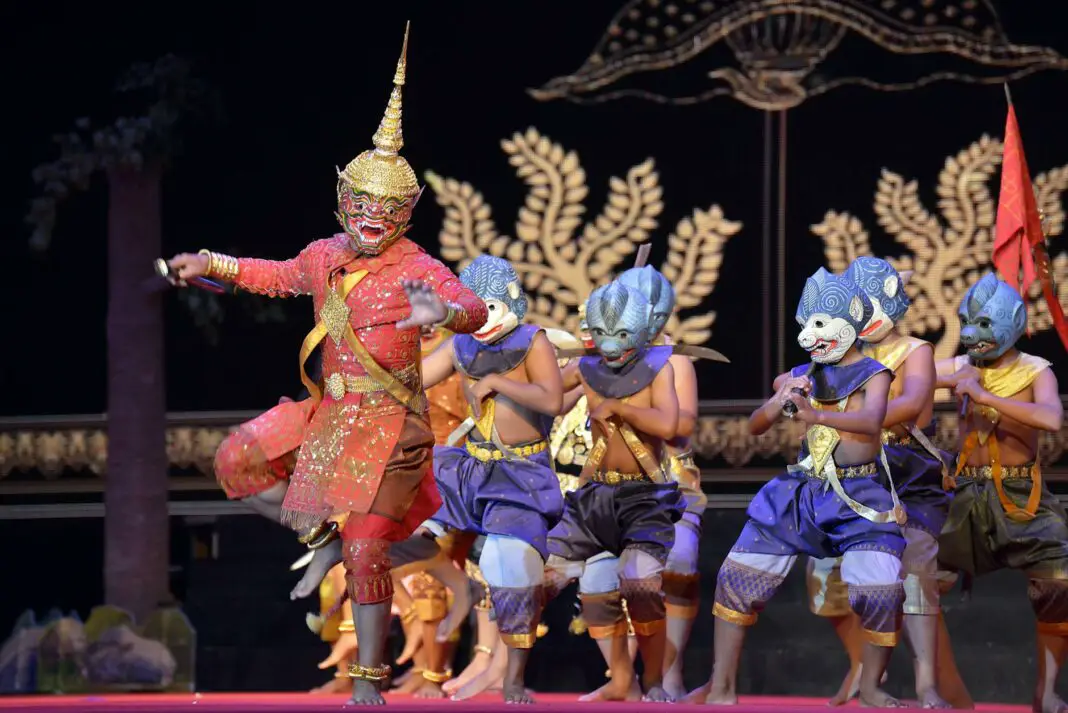Unraveling the vibrant tapestry of Thailand’s festivals is nothing short of an exhilarating journey. From the colorful parades of Songkran to the breathtaking illuminations of Loy Krathong, each celebration pulses with cultural significance and unique traditions that reflect Thailand’s rich history. These events are not merely occasions for revelry; they are windows into the country’s soul, revealing underlying meanings that connect Thai people to their heritage and spirituality. As we dive deeper into the hidden meanings behind these astonishing festivals, you will emerge with a profound appreciation for the dazzling realm of Thai culture.
In this blog post, we will embark on a detailed exploration of Thailand’s most significant festivals and the profound symbology entwined within each celebration. You’ll gain insights into their spiritual dimensions, cultural practices, and the monumental role these festivals play in uniting communities and preserving tradition. This journey will inspire you to experience these vibrant occasions firsthand, igniting your curiosity about Thailand’s captivating culture.
Table of Contents
- The Songkran Festival: Water and Renewal
- Loy Krathong: A Festival of Lights
- Vegetarian Festival: Culinary Traditions
- Yi Peng: Sky Lanterns and Wishes
- The Significance of Respecting Elders During Festivals
- Festivals as a Means of Community Unity
- Preserving Thailand’s Heritage Through Festivals
- Conclusion: Celebrating Thailand’s Joyful Spirit
The Songkran Festival: Water and Renewal
As the sun blazes over Thailand in April, the air buzzes with anticipation for Songkran, the Thai New Year celebrated through joyous water fights and exciting street parties. This ancient festival, steeped in tradition, symbolizes the cleansing of sins and the renewal of spirit. Water plays a fundamental role; it is not merely a playful element but a sacred medium for purification. During this time, people pour scented water over statues of Buddha and their elders, seeking blessings for the new year. The lively atmosphere filled with laughter and splashes provides a thrilling experience that binds families and friends together, showcasing Thailand’s warm community spirit.
Engaging in the Songkran festival allows visitors to participate in this unique cultural experience fully. It offers a chance to learn about the significance of kindness, environmental stewardship, and community cohesion. Discovering the transformative power of water as both a weapon and a blessing opens the door to understanding the deeper meanings while enjoying a fun-filled atmosphere. Thus, when you immerse yourself in Songkran, you are not merely joining a festival; you are actively taking part in a long-standing tradition that underscores the beauty of renewal and indulgence in life’s joyous moments.
Loy Krathong: A Festival of Lights
The enchanting Loy Krathong, celebrated on the full moon of the 12th lunar month, captivates both locals and tourists with its stunning display of illuminated lanterns and beautiful offerings set adrift on water. The festival symbolizes the letting go of the past and welcoming new beginnings, deeply rooted in Thai Buddhist principles. Krathongs, intricately crafted from banana leaves and adorned with flowers, candles, and incense, are released onto rivers, ponds, and lakes, providing a picturesque scene of shimmering lights reflecting off the water’s surface.
While the joy of the celebration is visible, there’s a significant underlying intention. The act of floating a krathong is a way to honor the Water Goddess, expressing gratitude for her blessings while simultaneously seeking forgiveness for past transgressions regarding nature. It is a gentle reminder of humanity’s connection to the environment. By engaging with Loy Krathong, participants can connect spiritually and appreciate the harmony between nature and tradition, sparking a newfound appreciation for their surroundings and inspiring them to tread lightly upon the Earth.
Vegetarian Festival: Culinary Traditions
Hailing predominantly from the Chinese community in Thailand, the Vegetarian Festival, or Tesagan Gin Je, is a vibrant exhibition of remarkable culinary delights and spiritual significance. Occurring annually in the ninth lunar month, this festival emphasizes a period of purification through vegetarianism, reflecting the profound belief in the sanctity of all life. During these nine days, remarkable culinary creations emerge, showcasing plant-based delicacies that tantalize taste buds while promoting health and spiritual reflection.
The unique aspect of this event is how it bridges dietary choices with cultural practices. Vendors offer dishes rich in flavor that are accessible to all, presenting a delightful challenge to preconceived notions about vegetarian food. It is an invitation for everyone to savor and appreciate the culinary richness of Thailand, while also engaging in a festival that encourages introspection and mindfulness regarding one’s actions and values. Experiencing the Vegetarian Festival allows travelers to indulge in unique local flavors while fostering a sense of spiritual connection with the community.
Yi Peng: Sky Lanterns and Wishes
The Yi Peng festival, celebrated in northern Thailand, particularly in Chiang Mai, illuminates the night sky with countless floating lanterns. This breathtaking sight is not only a feast for the eyes but carries deep-rooted beliefs entwined with spiritual symbolism. Lighting a lantern is an act of releasing wishes into the universe, reflecting aspirations for a better future, while illuminating the darkness represents hope and positivity. Traditionally associated with the Thai New Year, Yi Peng signifies the importance of clearing away negativity and welcoming prosperity.
What sets Yi Peng apart from other celebrations is the profound sense of community it fosters when residents and visitors alike gather together to share in the magic of the moment. The collective act of releasing lanterns creates an unforgettable atmosphere of joy, camaraderie, and shared dreams. Attending Yi Peng allows participants to witness firsthand the unbreakable bond formed through shared cultural experiences. This festival teaches us that aspirations, dreams, and hopes transcend individual barriers, reminding us of our interconnectedness within the grand tapestry of life.
The Significance of Respecting Elders During Festivals
In Thailand, festivals are not only about celebration but also reflect the deep-rooted cultural value of respecting elders. Among the rituals observed during significant festivities, such as Songkran and Loy Krathong, there is a distinctive emphasis on honoring the older generation. Young people pour water over their elders’ hands, a symbolic gesture representing humility and gratitude for their wisdom and guidance throughout life. This practice reinforces the idea that honoring one’s ancestry and respecting generational wisdom are fundamental characteristics of Thai heritage.
Engaging with this tradition during festivals enriches the experience for participants, offering profound insights into Thai values and creating a bridge between ages. The simple act of acknowledging and valuing the elderly encourages reflection on family bonds and societal cohesion. By immersing yourself in this cultural nuance, you can foster an authentic connection with Thai locals, leading to enriching exchanges that create lasting memories of mutual respect and appreciation.
Festivals as a Means of Community Unity
Thailand’s festivals extend beyond individual experiences, serving as significant moments for community involvement and unity. These celebrations gather individuals from diverse backgrounds and promote a collective identity, strengthening social ties through the shared enjoyment of traditions. People join together to prepare for festivities, from constructing krathongs during Loy Krathong to engaging in lively water battles on Songkran, fostering a sense of belonging that transcends everyday life.
The vibrant atmosphere invites everyone to participate, generating lasting memories that promote a harmonious society. Through such unity, festivals often spark collaborations, support local economies, and inspire cultural exchanges, garnering appreciation for Thailand’s artistic expressions and traditions. Immersion in these communal festivals enables participants to witness firsthand the extraordinary power of togetherness, reinforcing the belief that every person has a role in creating a vibrant, cohesive community.
Preserving Thailand’s Heritage Through Festivals
In a world that is constantly evolving and shifting, Thailand’s festivals serve as essential pillars for cultural preservation, safeguarding ancient rituals that define national identity. Each festival offers a glimpse into the nation’s history, showcasing centuries-old practices such as traditional dances, music, and folk art that encapsulate Thailand’s cultural essence. Participation in these events allows travelers to experience firsthand the rich heritage that shapes modern Thai society while appreciating its historical roots.
Notably, festivals also engage younger generations, encouraging them to participate in and learn from these time-honored customs. By instilling pride and a sense of responsibility toward their heritage, festivals become vital for passing on traditions and values, ensuring that they remain vibrant and impactful for future generations. Observing how communities come together to celebrate their cultural milestones fosters a deeper understanding and appreciation of the beauty inherent in diversity and tradition.
Conclusion: Embracing the Joyful Spirit of Thailand’s Festivals
Encouraging exploration of Thailand’s vibrant festivals reveals that these celebrations reflect the country’s joy, resilience, and spiritual depth. Each event allows for a deeper understanding of cultural values, ethics, and the interactions between people, nature, and the divine. By immersing yourself in these experiences, not only do you engage with rich traditions, but you also support the communities that sustain them, fostering the continued preservation of Thailand’s remarkable heritage.
Exploring these festivals, visitors cultivate an appreciation for the deeper meanings behind the joyous celebrations, discovering that the heart of each festival lies in the interconnectedness of individuals within their communities. As you plan your trip to Thailand, allow these vibrant festivals to shape your experience, transforming moments into memories that resonate long after the celebration ends.
Frequently Asked Questions
What is the significance of Songkran in Thai culture?
Songkran marks the Thai New Year, symbolizing purification and renewal through the ritual of water cleansing. It is a time for reflecting on the past and welcoming new beginnings, reinforcing social bonds and community spirit.
How do festivals like Loy Krathong impact the environment?
While Loy Krathong promotes respect for nature through the release of eco-friendly krathongs, it is crucial to consider the environmental impact. Efforts to use biodegradable materials ensure sustainability, preserving the beauty of waterways.
What should I know before attending the Vegetarian Festival?
A basic understanding of the festival’s significance—purification and blessings—and the diverse culinary offerings can enhance the experience. Be open to trying new flavors and participating in cultural rituals to fully appreciate the festival.
How can festivals in Thailand promote community unity?
Festivals bring people together through shared traditions and celebrations, strengthening social ties and promoting collaborative efforts. Engaging with locals during these times fosters a sense of belonging and connection among participants.
Why are traditional customs important in sustaining Thai festivals?
Traditions are integral to Thai festivals as they convey cultural heritage. By participating in these customs, individuals not only honor their ancestors but also ensure the values and practices are preserved and passed on to future generations.
Image Credit: Pexels





